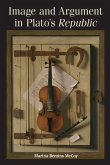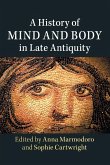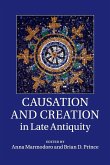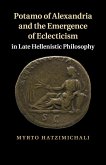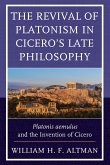It shows that the literary form and modes of dialectic of the late dialogues are richly rewarding to study, and that doing so is of deep importance for Plato's philosophical project.
Why did Plato put his philosophical arguments into dialogues, rather than presenting them in a plain and readily understandable fashion? A group of distinguished scholars here offer answers to this question by studying the relation between form and argument in his late dialogues. These penetrating studies show that the literary structure of the dialogues is of vital importance in the ongoing interpretation of Plato.
Hinweis: Dieser Artikel kann nur an eine deutsche Lieferadresse ausgeliefert werden.
Why did Plato put his philosophical arguments into dialogues, rather than presenting them in a plain and readily understandable fashion? A group of distinguished scholars here offer answers to this question by studying the relation between form and argument in his late dialogues. These penetrating studies show that the literary structure of the dialogues is of vital importance in the ongoing interpretation of Plato.
Hinweis: Dieser Artikel kann nur an eine deutsche Lieferadresse ausgeliefert werden.


